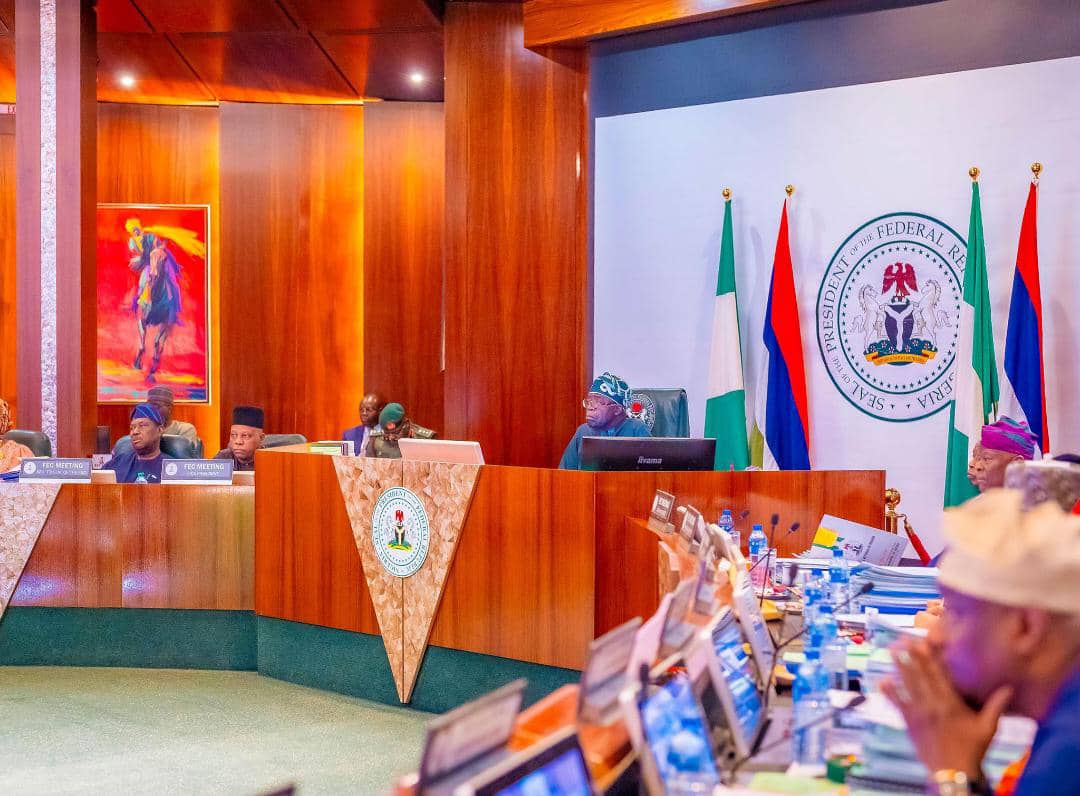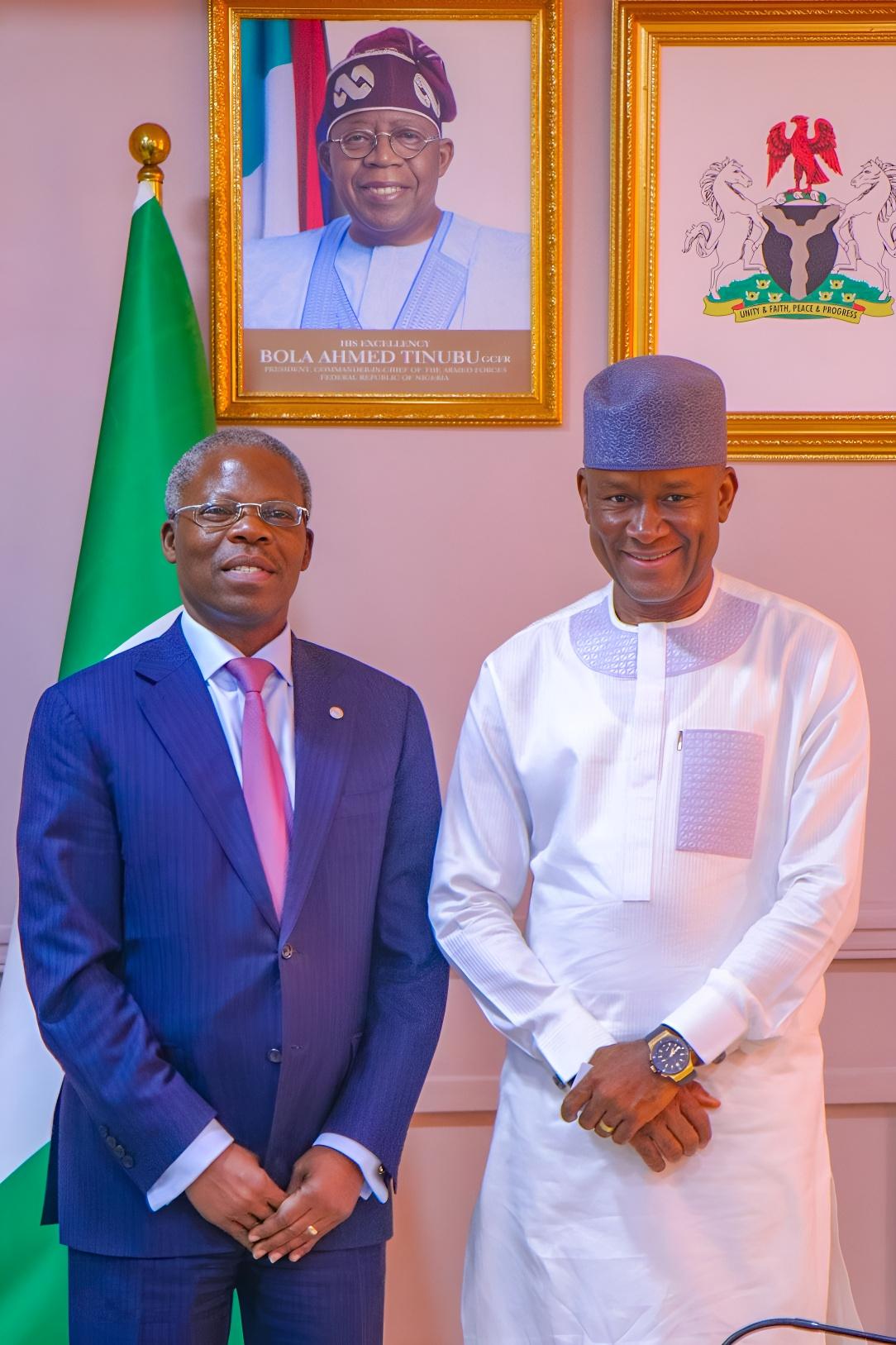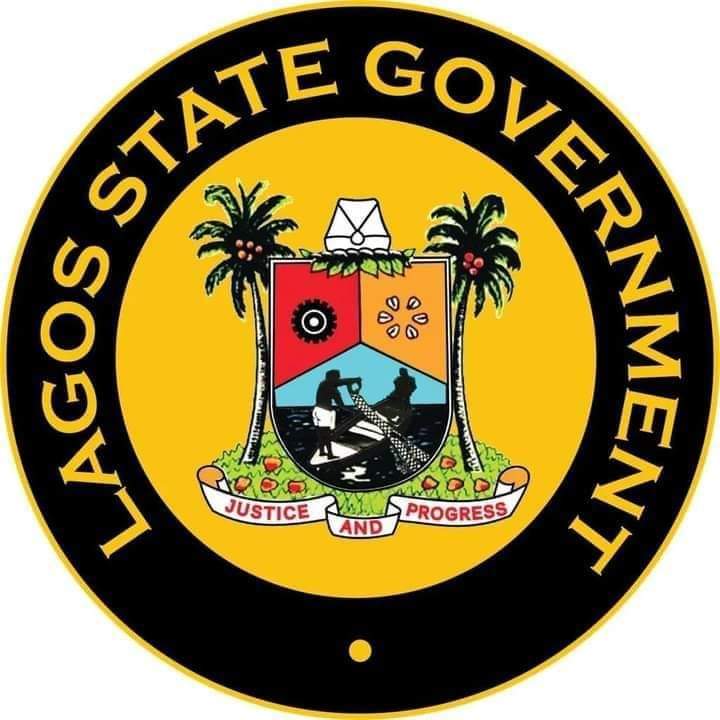Climate Change: Nigeria Government Advocates for Borno, Zamfara flood victims in AU Parliament
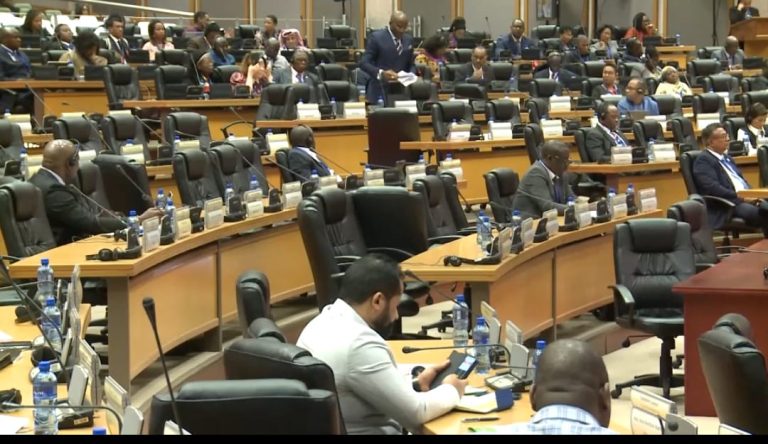
The Nigerian government strongly advocates for the taxation of multinationals and billionaires globally to support African countries facing the impacts of climate change.
The Deputy Speaker of the House of Representatives, Rt. Hon. Benjamin Okezie Kalu, and leader of the Nigerian delegation to the special sitting of the Pan African Parliament (PAP) Committees in South Africa, presented the country’s stance.
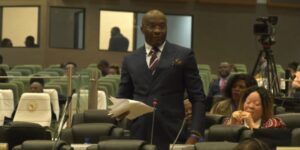
In response to the paper titled “The Impact of Climate Change and Africa’s Strategic Pursuits Going into COP” delivered by Mr. Charles Mwangi Nyambura, Director of Programmes and Research at the Pan African Climate Justice Alliance (PACJA), Kalu proposed a global climate tax to aid climate adaptation in the most vulnerable regions, such as Africa, drawing upon the insights of Nobel Prize-winning Economist, Esther Duflo. Expressing dismay over the recent flooding in Borno and Zamfara States, among others, the Deputy Speaker emphasized the necessity of the climate tax to alleviate the effects of climate change on the continent.
He highlighted Africa’s disproportionate vulnerability to climate change despite contributing only 3.8% of global greenhouse gas emissions, in contrast to 23% by China, 19% by the US, and 13% by the European Union.
Climate change poses a threat to Africa’s progress towards sustainable development goals, impeding economic growth and human well-being.
Currently, nearly 600 million Africans lack access to electricity, hindering economic growth, industrial development, and access to essential services, according to the World Bank.
Moreover, Africa is confronted with a growing energy deficit compared to South Asia and Latin America, which have made more substantial strides in closing their energy gaps.
In alignment with Esther Duflo’s proposal, a global climate tax is suggested to support climate adaptation in the most vulnerable regions worldwide, including Africa. This initiative entails taxing multinational corporations and billionaires to finance climate adaptation efforts in low-income countries, aiding them in preparing for and mitigating climate-related disasters.
The pressing need for climate resilience was underscored between August and September 2024, when heavy rains caused widespread flooding in many local government areas (LGAs) in Borno State, Nigeria.
These floods devastated numerous communities, displacing households and causing damage to infrastructure, crops, and shelters.
On September 9, 2024, Maiduguri experienced a severe flood due to the collapse of the Alau Dam in the neighboring Konduga LGA, marking the first overflow since 2012.
The aftermath of these floods highlights the escalating challenge posed by climate variability and human-induced factors, resulting in the displacement of populations across Nigeria.
In Borno State alone, the International Organization for Migration’s Displacement Tracking Matrix (DTM) identified 320,791 individuals in 65,731 households affected by the floods across 19 LGAs. Among them are 157,274 internally displaced persons (IDPs) and 108 returnees severely impacted by the floods.
Accompanied by members of the Nigerian parliament, including representatives from the House and Senate, Kalu addressed the African Union’s (AU) Agenda 2063, emphasizing emerging threats to the stability and prosperity of African nations, such as food and energy insecurity.
He shed light on the detrimental effects of food insecurity exacerbated by climate change, conflicts, and economic disruptions, advocating for comprehensive agricultural reforms and investment in agribusiness as solutions to the escalating food crisis.
Identifying critical challenges facing the African continent, the Deputy Speaker stressed the pivotal role of education as the cornerstone of Africa’s future.
He accentuated the indispensable role education plays in shaping the continent’s future, aligning it with the African Union’s objectives under Agenda 2063.
Calling for continental collaboration to ensure universal access to quality education for all children, irrespective of their backgrounds, Kalu urged for the elimination of gender disparities, support for rural schools, and increased funding for teachers and infrastructure.
Kalu remarked, “We cannot envision a prosperous Africa if our education systems fail to equip our youth for the challenges and opportunities of tomorrow,” advocating for unified education policies across Africa.
Addressing security as a prevalent challenge persisting in Africa, the Deputy Speaker, recalling Nigeria’s experience, emphasized the significance of collective security mechanisms, such as the African Union’s African Standby Force, and regional cooperation to combat terrorism, organized crime, and violent extremism.
Kalu deplored unconstitutional changes in government, condemning coups and unlawful transitions as threats to the continent’s democratic progress.
He urged the Pan-African Parliament to adopt a zero-tolerance policy towards undemocratic regime changes, advocating for sanctions and regional interventions to reinstate democratic governance.
Kalu suggested leveraging the African Union’s Peace Fund Committee’s gestures to support community-driven initiatives like the Peace In South East (PISE-P).
He inquired about how the African Union’s Peace Fund could integrate civil society and non-governmental organizations’ peace initiatives, such as the Peace in the Southeast (PISE-P) Initiative in Nigeria, into broader peace projects to amplify their impact.
Has the AU Peace Fund extended support to community-led peace initiatives like PISE-P or similar programs across the continent, crucial in addressing local conflicts? If not, what impediments hinder engagement with such initiatives? Kalu questioned.


